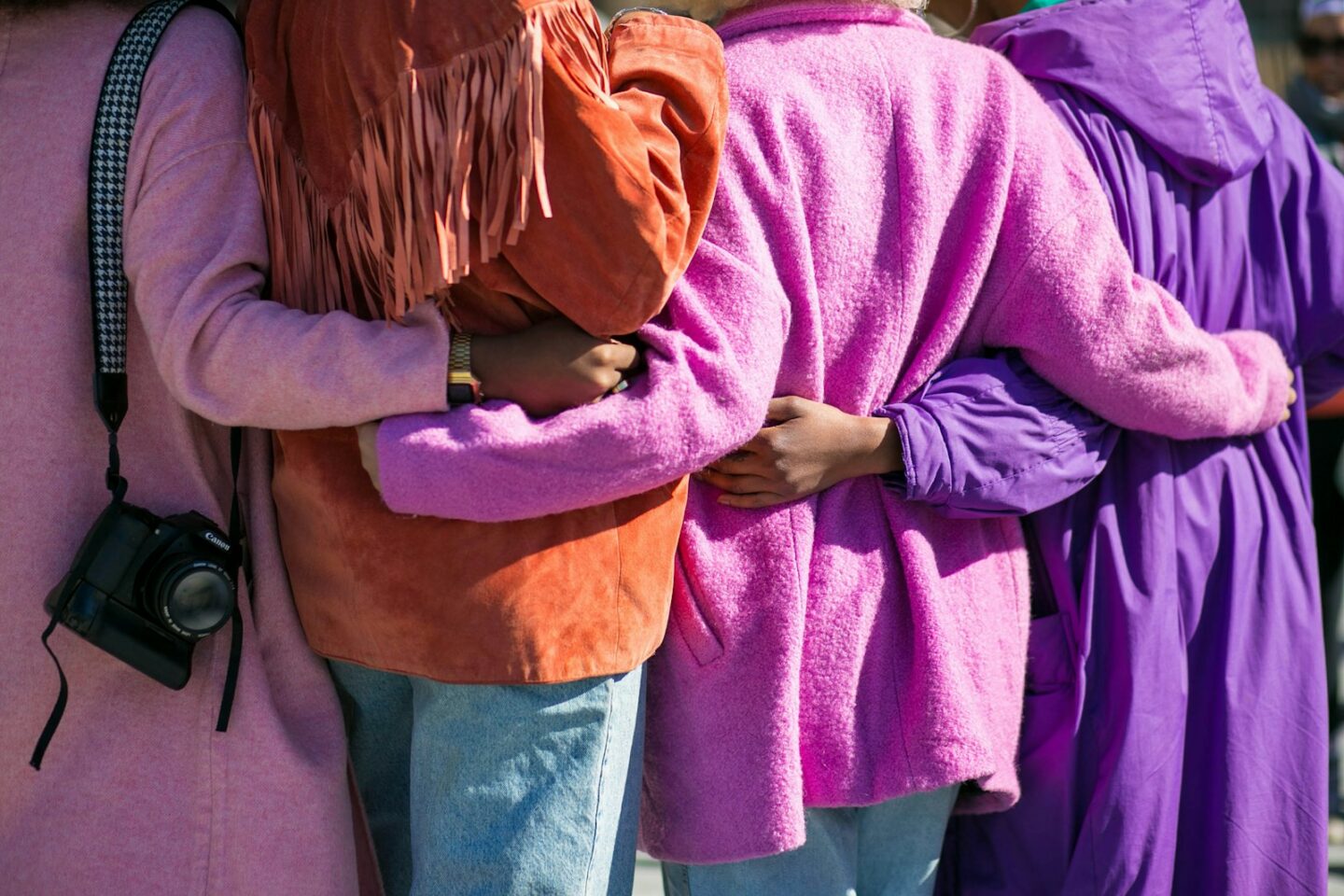Imagine you’re at the pub having drinks with your partner and all of their friends. As the night progresses, you realise that your partner is being dismissive about every little thing you say. They use humour to poke fun at things they know you’re sensitive about, and purposely leave you out of conversations leaving you feeling isolated and embarrassed.
When you get home, you calmly call them out on it, giving them the chance to explain and hopefully apologise for making you feel like trash. To your disappointment, they deny everything and worst of all, say that your experience is a downright lie. You’re left feeling like the guilty one and start to question your judgement, worried that you might be going crazy. In the end YOU apologise for overreacting just to avoid an argument.
This is what gaslighting looks like in relationships, and its something that we, queer community, need to get better at recognising.
We’re not saying that there won’t be disagreements in your relationship. Of course, there will be times when you both have different interpretations and perspectives, but when your partner denies your experience to the point where you no longer trust your perceptions, memory, judgement and sanity – it’s not OK. In fact, it’s a tactic gaslighters use to gain power in the relationship.
Lesbian and bisexual women face backlash every day, so to open up about abuse within our communities feels scary. It’s not easy to talk about gaslighting when you worry that you could be perpetuating the idea that queer women are toxic. But the reality is that being on the receiving end of such treatment can drastically impact your self-worth, lead to mental health conditions and affect your ability to form future relationships, so it’s important that you notice the red flags when they appear.
Gaslighters isolate you from friends and family
Gaslighting partners will tell you that your friends and family are toxic in a bid to cut you off from your much-needed support networks. In queer relationships, the gaslighter might falsely label your loved ones as homophobic when they show concerns around how you’re being treated. This increases your reliance on your partner, gives them control over you and the potential to manipulate you further. Isolation means you’re more likely to stay with the gaslighter and have limited access to those who may question the harmful behaviour and encourage you to leave.

Gaslighters distort information
They will use an elaborate set of smoke and mirrors to twist your truth into something else entirely. They may use other people’s opinions by using phrases like, ‘see, even your best friend agrees with me’ or use your anxieties to make you doubt yourself, e.g. ‘you’re so oversensitive, you’re making a big deal out of nothing.’ They may even blatantly lie, e.g. ‘I didn’t say I was monogamous, you’ve misunderstood.’
Gaslighters use your insecurities against you
People who gaslight are skilled at picking up on your vulnerabilities. For example, someone who has been in multiple long term lesbian relationships might prey on your inexperience by saying that ‘dyke drama’ comes with the territory. Not only does this distort your perception of the truth, but it perpetuates the stigma around asking for help because you worry you won’t be taken seriously. This normalises their behaviour and maintains control.
Gaslighters project onto you
Those who gaslight will accuse you of behaving in the way you see them behave. They might constantly check your phone and suspect you of cheating, when you know for a fact they’ve been unfaithful in the past. This kind of projection makes you worry that you’re somehow in the wrong and serves as a distraction from their behaviour.
Gaslighters confuse the hell out of you
Gaslighting is often very subtle and difficult to pinpoint, as their actions can create a slow-burning erosion of your self-esteem that you may not even be aware of. To make matters worse, the gaslighter may present as loving and caring a lot of the time. They might love-bomb you with gifts and flatter you, using affection as a weapon that makes you feel safe. Eventually, they will knock you back down to regain control.

How to get support for gaslighting
As you read this, you might still be in denial about being gaslit.
We spoke to Sarah Lee, psychotherapist who said that this confusion is to be expected. “This is the conflict between what you think or suspect is happening and what you are told by whoever is gaslighting you. It’s also common to feel anger, sadness, shame (feeling bad about yourself) or a mix of all of these. You might wonder if you’re crazy, start to doubt your memory and lose confidence in yourself or your capacity to understand situations.”
Unfortunately, talking things through with your abuser is unlikely to result in a positive resolution because it would involve the gaslighter relinquishing the control that they’ve been slowly cultivating. Sarah explains: “It’s only possible to work through this with them if they cooperate and give up some power and people who gaslight tend to find this very difficult to do. It is often easier for the person being gaslighted to get support and distance or disconnect from the gaslighter.”
Speaking up about your experience might fill you with dread, most likely because you’re worried about any conflict it may cause. But opening up and getting input from trusted loved ones will help you see the situation more clearly and increase the self-trust that your partner has tried to deplete. Seeking help from a therapist who understands gaslighting is a great place to start, but if you’re unable to do this reading articles and listening to podcasts can deepen your understanding and help you spot the red flags in your partner.
“Remember that somebody who cares about you cares about how you feel,” says Sarah, “and if they are gaslighting you they aren’t invested in building a healthy relationship with you.”
Further support:
The National Domestic Abuse helpline: 08082000247 open 24 hrs a day, every day.
Galop National LGBT+ Domestic Abuse helpline: 0800 999 5428 Monday to Friday, 10am – 5pm.
Do you have any personal insights on gaslighting in relationships? Let us know in the comments.
Love Team Nonchalant x

